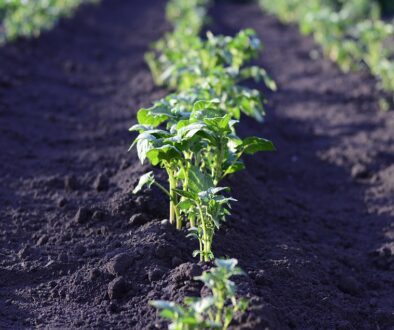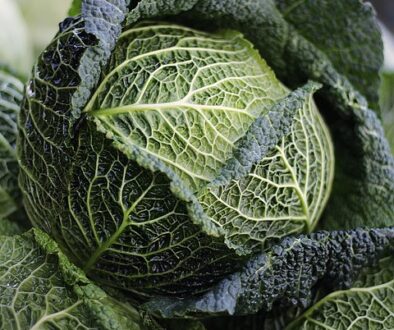Article by: Suzette Morshead
Vegetable Gardening Made Easy: Advice for a Bountiful Harvest
Gardening is a delightful journey that connects you with nature, provides fresh produce, and brings a sense of accomplishment. Whether you have a sprawling backyard or a cozy balcony, vegetable gardening is a rewarding hobby that anyone can enjoy. Here’s some advice to help you grow a bountiful harvest, along with a personal story that highlights the joys and lessons of vegetable gardening.
Start Simple and Plan Ahead
When I first started my vegetable garden, I was eager but inexperienced. I jumped in with high hopes, planting a random assortment of seeds without much thought. My tomatoes struggled, and the kale didn’t thrive. But I soon learned the importance of planning.
Start by choosing vegetables that suit your climate and space. Some easy-to-grow veggies for beginners include radishes, lettuce, carrots, and tomatoes. Research their planting seasons and requirements. Planning your garden layout based on the sunlight available, soil type, and space helps maximize growth and yield.
Prepare Your Soil
Healthy soil is the foundation of any thriving garden. I remember one season when my cucumbers just wouldn’t grow well. After some research, I realized the soil was too compacted and lacked nutrients. Adding compost and organic matter improved the soil texture and fertility, and the next season was a huge success.
Invest in quality soil amendments like compost, manure, or organic fertilizers. Test your soil pH and adjust if necessary. Ensure good drainage to prevent waterlogging, which can harm roots.
Watering Wisely
Overwatering can be as damaging as underwatering. In my early days, I often drowned my plants in enthusiasm. Learning to water deeply but less frequently helped roots grow strong and resilient. Early morning watering is ideal as it reduces evaporation and prevents fungal diseases.
Drip irrigation or soaker hoses are excellent tools to deliver water right to the roots, reducing waste and promoting healthy growth.
Pest Control and Companion Planting
Pests can be a gardener’s nightmare. I once battled aphids that nearly decimated my lettuce patch. Instead of turning to chemicals right away, I tried companion planting — placing plants like marigolds, basil, or garlic to naturally repel pests. It worked wonders and added diversity to my garden.
Encourage beneficial insects like ladybugs and bees by planting flowers nearby. Manual removal and organic pesticides are other options when needed.
Harvesting and Enjoying the Fruits of Your Labor
There’s nothing quite like the satisfaction of harvesting your own fresh vegetables. I still remember the first time I picked a tomato from my garden — its vibrant color and flavor were incomparable to store-bought ones.
Harvest veggies when they are ripe but tender. Regular harvesting encourages plants to produce more. Share your bounty with family and friends, or use it to create delicious home-cooked meals.
Items You Might Need for Vegetable Gardening:
- Quality garden soil or compost
- Seed packets or starter plants
- Garden tools (trowel, hoe, pruners, gloves)
- Watering can or hose with a nozzle
- Mulch to retain moisture and reduce weeds
- Organic fertilizers or soil amendments
- Pest control supplies (companion plants, organic insecticides)
- Raised bed kits or containers (if you have limited space)
- Garden markers to label your plants
A Personal Story: From Novice to Proud Gardener
I’ll never forget my first summer as a gardener. Full of excitement, I bought multiple seed packets and began planting. But my enthusiasm didn’t immediately translate into success. Tomatoes wilted, carrots barely sprouted, and bugs feasted on my lettuces. I was discouraged but curious, so I dove into learning more about gardening techniques.
With research, patience, and a bit of trial and error, I adjusted my soil, watered correctly, and started companion planting. Slowly but surely, my garden flourished. By the end of that season, I harvested plenty of fresh vegetables, each one a rewarding testament to persistence and learning.
Gardening taught me more than just planting skills — it offered patience, mindfulness, and a deeper appreciation for nature’s rhythms. And with each season, my garden and I grow stronger together.
Vegetable gardening can be simple, enjoyable, and fruitful with the right mindset and tools. Whether you’re aiming for a small kitchen garden or a larger plot, the key to success lies in planning, nurturing, and adapting. Happy gardening!
Article by: Suzette Morshead


